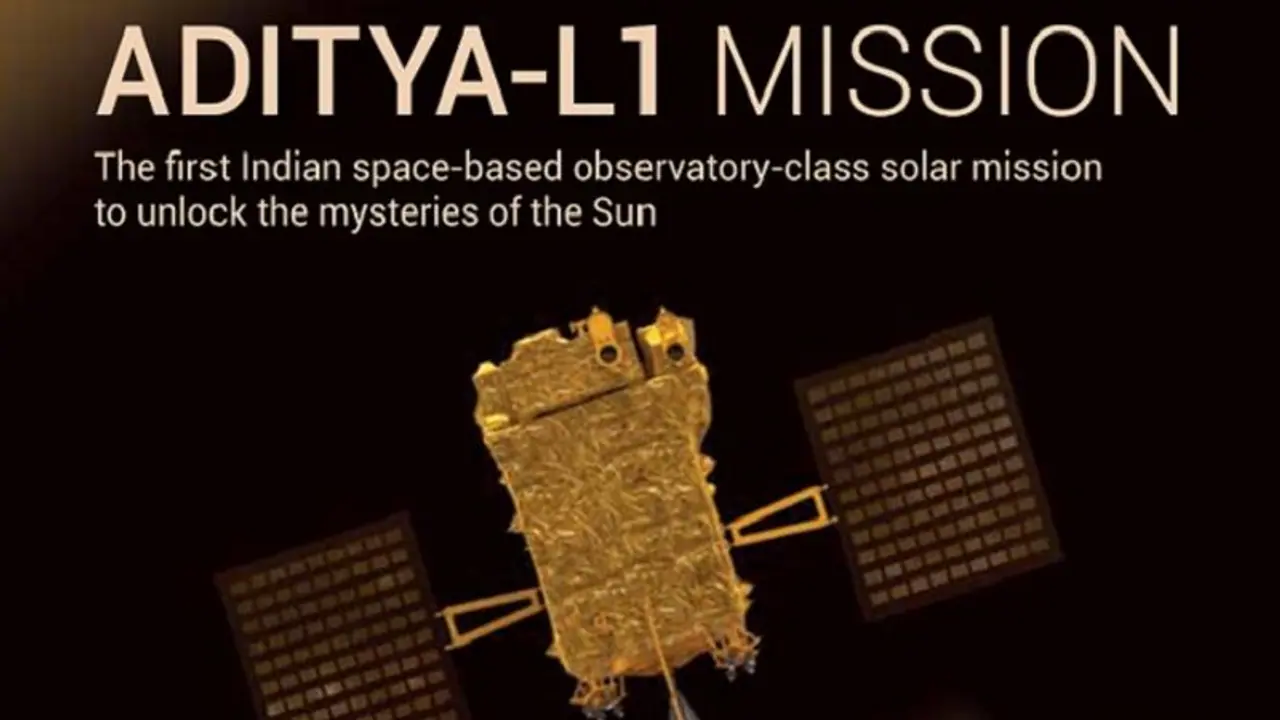The launch of the Aditya-L1 observatory marks another milestone for ISRO in its pursuit of space exploration and scientific discovery. As India's premier space agency continues to push the boundaries of space technology and knowledge, this mission holds the promise of enhancing our understanding of the solar dynamics that affect life on Earth.
The Indian Space Research Organisation (ISRO) on Monday (August 28) announced its plan to launch India's inaugural space-based observatory designed to study the Sun. Named the Aditya-L1 mission, the launch is scheduled for Saturday, September 2, at 11:50 am from Sriharikota in Andhra Pradesh.

The mission will be carried out using ISRO's PSLV XL rocket, with the initial phase involving placing the spacecraft in a Low Earth Orbit. Following this, the spacecraft's orbit will be gradually altered to become more elliptical, eventually positioning it towards the Lagrange point (L1) through onboard propulsion systems.
Taking to X, formerly known as Twitter, ISRO wrote: "The launch of Aditya-L1, the first space-based Indian observatory to study the Sun 


It was RDX: BJP's Suvendu Adhikari seeks NIA probe into Bengal illegal firecracker factory blast
As the spacecraft embarks on its journey towards L1, it will escape Earth's gravitational Sphere of Influence (SOI). After departing SOI, the cruise phase will commence, guiding the spacecraft into a significant halo orbit around the L1 point. The complete voyage from launch to L1 is anticipated to last around four months for the Aditya-L1 mission.
The Aditya-L1 mission holds significant promise for advancing our understanding of the Sun's behavior and its impact on space weather. The observatory is equipped with multiple payloads to study various aspects of solar activities, including the emission spectrum of the solar corona, understanding the origin of solar winds, and analyzing the abundance of elements in the solar atmosphere.
Nuh Shobha Yatra: Ayodhya seer stages protest after being stopped at Sohna toll plaza; check details
The mission's primary objective is to provide valuable insights into the Sun-Earth relationship, which has a direct influence on our planet's climate, space weather, and overall atmospheric conditions. Aditya-L1 will significantly contribute to advancements in space science and solar research, thereby enhancing our ability to predict and mitigate potential solar disturbances that could impact modern technological systems on Earth, such as satellites, communication networks, and power grids.
The launch of the Aditya-L1 observatory marks another milestone for ISRO in its pursuit of space exploration and scientific discovery. As India's premier space agency continues to push the boundaries of space technology and knowledge, this mission holds the promise of enhancing our understanding of the solar dynamics that affect life on Earth.
